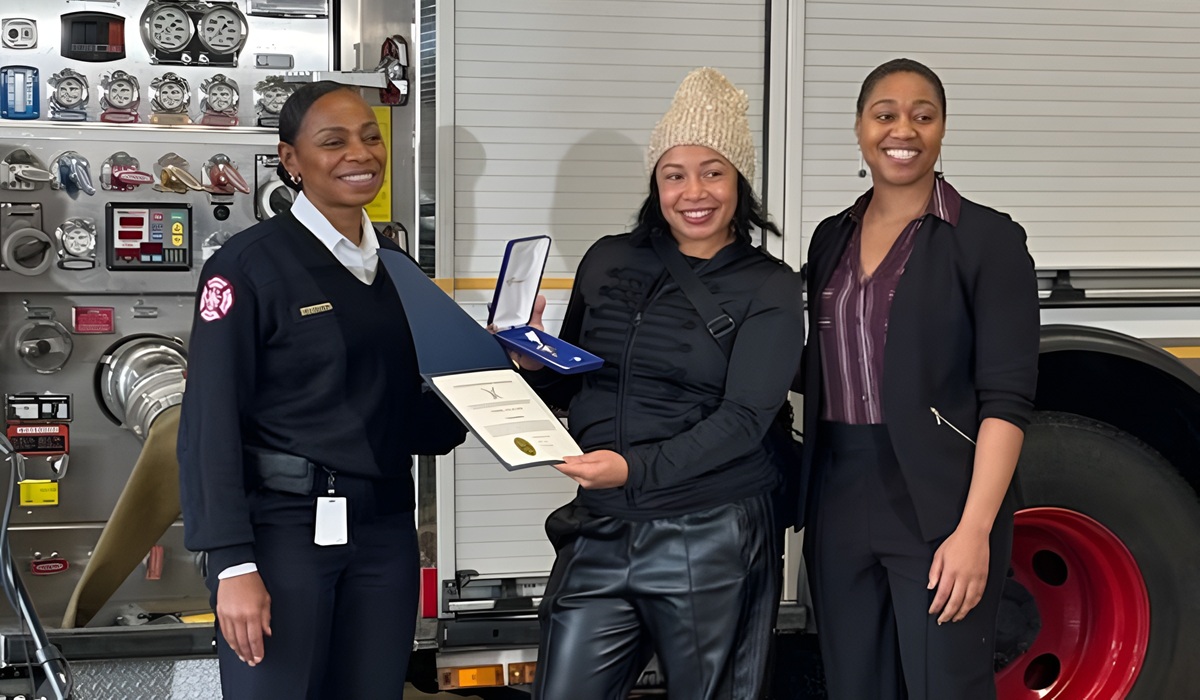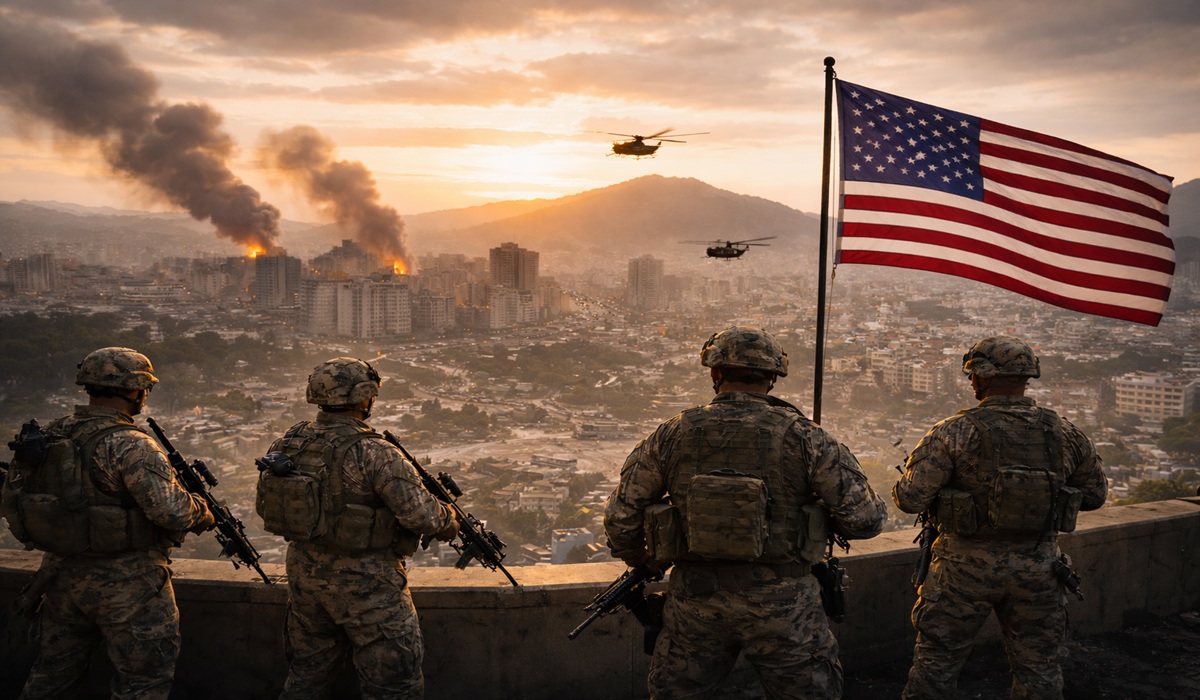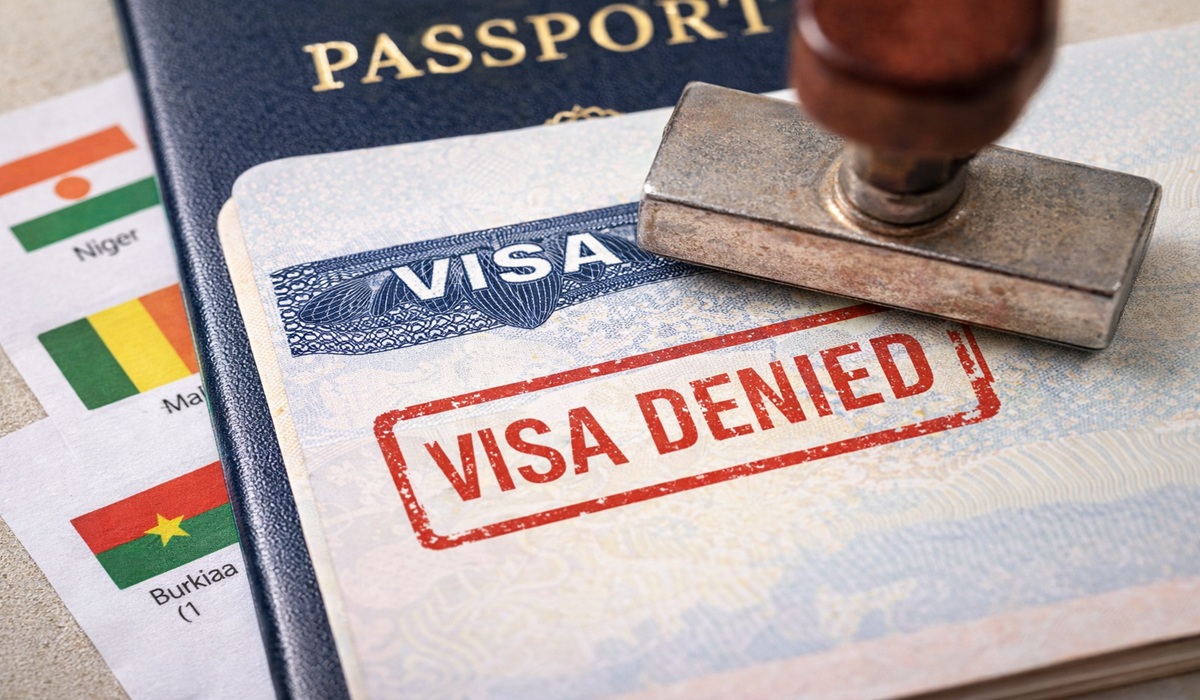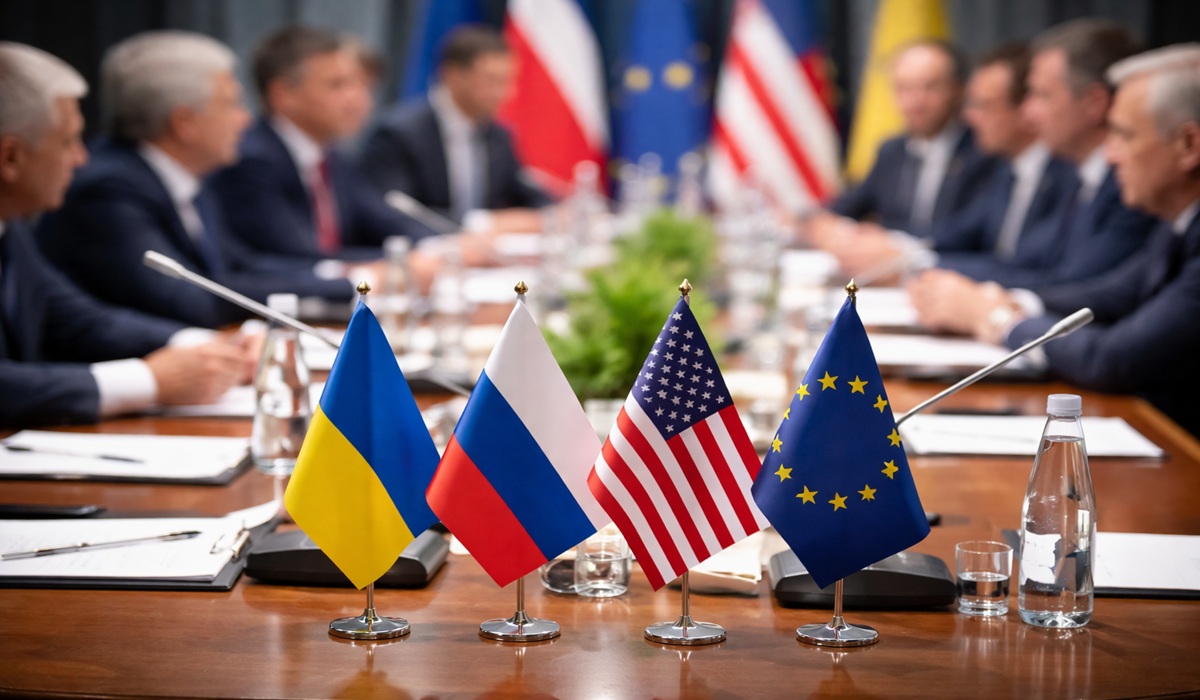Another Day Mass Shooting in America: #325 To Date! Shooter Sets Church Fire
- TDS News
- Breaking News
- September 28, 2025
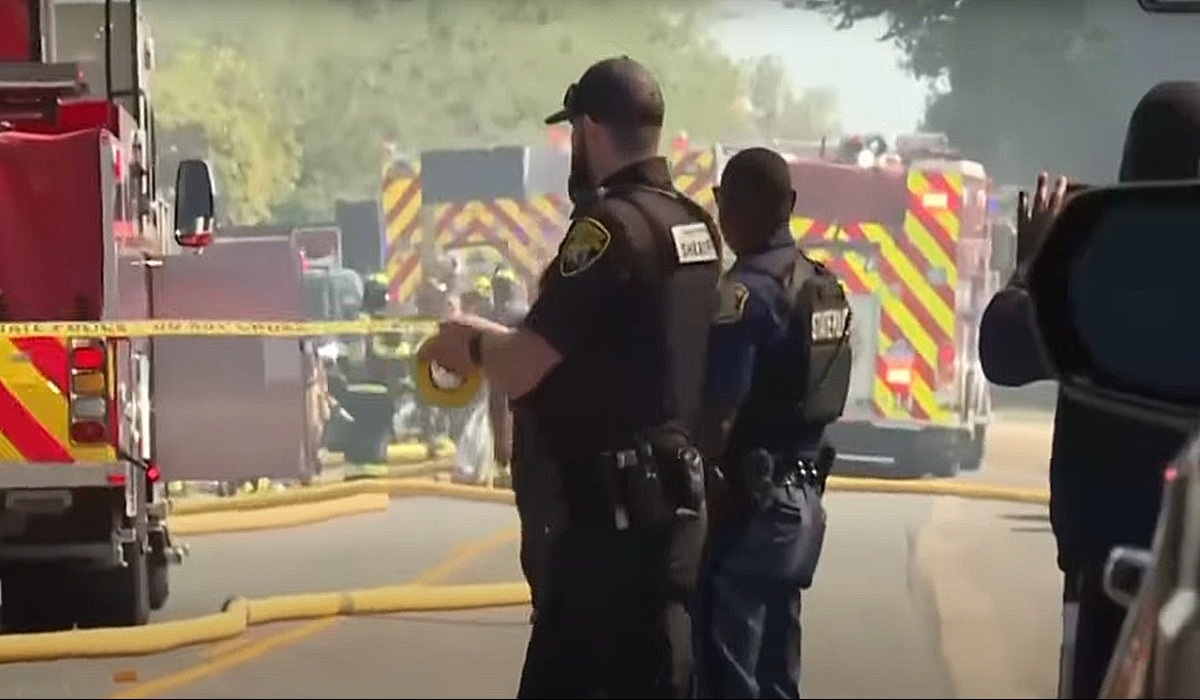
By: Donovan Martin Sr, Editor in Chief
There are moments in history when violence strikes so deeply at the heart of a community that it feels like the universe itself should stop spinning. A church set on fire, its sanctuary filled with smoke and gunfire, is one of those moments. And yet, in America, even this horror barely pauses the national rhythm. We take note, we sigh, we scroll, and then we move on.
This afternoon, in Grand Blanc Township, Michigan, a 40-year-old man drove his vehicle into the Church of Jesus Christ of Latter-day Saints, opened fire on worshippers, and then set the building ablaze. Police killed him after an exchange of gunfire. At least one person is dead, nine others wounded, and authorities fear more victims may be discovered in the ruins once the flames are fully extinguished. The motive remains unknown.
The brutality of this attack defies language. It wasn’t simply a shooting—it was an attempt to erase a sanctuary, to destroy both bodies and the space where those bodies once sought peace. It is one thing to pull a trigger; it is another to set an entire place of worship on fire. The symbolism cannot be ignored. Churches are not only houses of prayer, they are anchors of community, hope, and belonging. To reduce one to ash is to declare war not just on individuals, but on faith itself, on the idea that people can gather somewhere and believe they are safe.
And yet, as horrific as it is, this tragedy slides seamlessly into a long line of others. More than 325 mass shootings have already scarred America this year alone. Each one is supposed to shock us, to awaken us—but each one instead adds another layer to our numbness. We are a society that absorbs massacre after massacre until the word “mass” itself loses weight.
In the aftermath, officials stand before cameras and microphones. They say the words they’ve said a hundred times before: “Our thoughts and prayers are with the victims and their families.” They may mean it, but meaning no longer matters. The phrase has become a placeholder, a ritual, a hollow chant recited to fill the silence where solutions should be. If prayer alone could end gun violence, America would be the safest country on earth. Instead, it is the most armed, the most deadly, and the most willing to accept that children, worshippers, concertgoers, and ordinary citizens will be sacrificed at the altar of inaction. The dead are buried, the words are spoken, and nothing changes.
At its core, this is not just a political problem, but a philosophical one. What does it mean when a nation ceases to be shocked by its own bloodshed? To be desensitized is not neutrality—it is surrender. It is the quiet acceptance that death in a church, in a school, in a grocery store, in a movie theater, is simply the price of American life. But is it really? Or is it the price of choices we refuse to make? Guns are not natural disasters. Fires set by arsonists are not acts of God. These are human acts, preventable acts, committed in a society that has the means to reduce them but lacks the will. To shrug and say, “It’s just another day in America,” is to absolve ourselves of responsibility.
The philosopher Albert Camus once wrote that “murder and rebellion are contradictory terms.” When violence becomes routine, rebellion against it becomes a moral imperative. But in America, rebellion has been replaced with resignation. The paralysis is uniquely American. In other parts of the world, mass shootings have been met not with platitudes but with sweeping change. In 1996, a gunman killed 35 people in Port Arthur, Australia. The nation was horrified, and within months, leaders across political lines banned semi-automatic rifles, introduced mandatory buybacks, and tightened licensing. There has not been another massacre of that scale since.
In 2019, a white supremacist gunned down 51 worshippers at two mosques in Christchurch, New Zealand. Within days, Prime Minister Jacinda Ardern announced an assault weapons ban. Parliament passed it in less than a month with near-unanimous support. The United Kingdom’s story is similar. After a 1996 school shooting in Dunblane, Scotland, where 16 children and a teacher were killed, the country enacted sweeping handgun restrictions. Public demand for reform was so overwhelming that resistance evaporated. To this day, Britain has some of the strictest firearm laws in the world, and mass shootings are vanishingly rare.
These nations grieved, and then they acted. They did not accept that mass slaughter was normal. They did not trade their children, their congregants, their sense of safety for the illusion of freedom. America, however, continues to cling to its cycle of violence, thoughts, prayers, and silence.
And here, the discussion always circles back to one line in the U.S. Constitution: “A well regulated Militia, being necessary to the security of a free State, the right of the people to keep and bear Arms shall not be infringed.” That single sentence, written in the 18th century, has been elevated to the level of holy scripture. But even within it, the words well regulated are often ignored, stripped of meaning in favor of absolutism. To question endless access to weapons is painted as sacrilege, even though the intent of the framers was bound to a very different time, with muskets, militias, and no concept of modern mass killing machines.
This is not about staining responsible gun owners or advocating for the confiscation of firearms from those who use them responsibly. Millions of Americans own guns without ever raising them in violence, and many treat them with the seriousness they demand. The issue is the way this one constitutional clause has been weaponized not as a framework for balance, but as a blunt shield against any attempt to regulate even the most dangerous weapons of war.
And layered over this constitutional debate is another harsh truth: the appetite of Congress to take money from gun lobbyists and manufacturers to get elected—and to stay elected—outweighs both the moral and financial need for safety and good governance. Campaign coffers are filled at the cost of bloodshed. Policy is stalled not because solutions are impossible, but because they are inconvenient to powerful interests.
A church is supposed to be untouchable. The symbolism of the Grand Blanc Township attack is devastating: a house of God reduced to rubble by a man’s rage, his bullets, and his fire. When sanctuaries fall, it is more than a physical wound—it is an existential one. The image of pews reduced to charred wood, hymnals soaked in water and ash, and stained-glass windows shattered by smoke and heat forces us to confront a question: If even the sacred can burn, what is left that cannot? If we cannot protect our most hallowed spaces, how can we ever claim to protect ordinary ones?
The cycle is always the same. Horror. Breaking news. A suspect identified. Families grieving. Calls for reform. “Thoughts and prayers.” Silence. Then, the next massacre. We’ve ritualized tragedy into predictability. But predictability is not normalcy. To confuse the two is dangerous, for it allows horror to masquerade as inevitability. Nothing about mass shootings is inevitable. Other nations have shown us so. America alone chooses to return, again and again, to the same broken refrain.
The church in Michigan now stands as both a crime scene and a metaphor. Its burned walls reflect not only the malice of one man, but the apathy of a nation. The fire may be out by the time you read this, but the embers of its meaning should not be. This is not just another day in America. Or at least, it should not be. To accept that it is—to accept that mass shootings, burning sanctuaries, and grieving families are routine—is to accept that our humanity itself has withered. The question is whether we are willing to wake from this numbness. Whether we are willing to demand more than empty prayers, to resist the normalization of massacre, to break free from the grip of lobbyists and profits, and to confront the uncomfortable truth: America’s greatest tragedy is not that mass shootings happen, but that we’ve grown accustomed to them.



